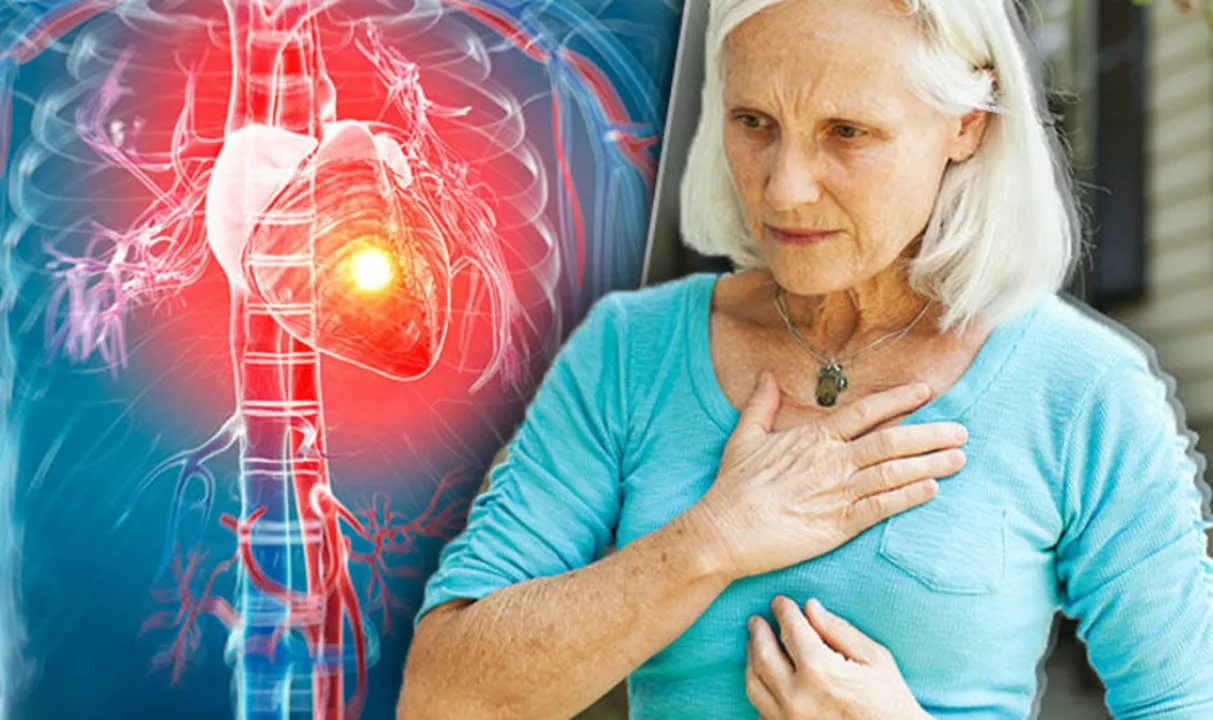Chest Pain: What to Do Right Now
Chest pain can mean many things. Some causes are harmless. Others are life-threatening. If you're feeling chest pressure or sharp pain, you need clear steps — fast.
When to call emergency services
Call 911 right away if chest pain comes with sweating, shortness of breath, fainting, nausea, or pain spreading to the arm, jaw, neck, or back. These are classic heart attack signs. If someone suddenly collapses or becomes unresponsive, start CPR if you know how and get help immediately.
If pain is crushing, lasts more than a few minutes, or comes during physical activity or emotional stress, treat it as an emergency. Don’t drive yourself to the hospital unless there’s no other option — an ambulance gets you quicker care and safer transport.
Common causes and quick fixes
Not all chest pain is a heart problem. Here are common causes and practical first steps:
- Heart attack or angina: Sudden pressure, squeezing, or tightness. If you suspect this, call emergency services. While waiting, chew a regular-strength aspirin if you’re not allergic and not already on a blood thinner — it can reduce clotting.
- Acid reflux (GERD): Burning pain after eating or when lying down. Try an antacid and sit upright. If symptoms repeat, see a doctor about testing or medication.
- Muscle or rib strain: Pain that worsens with movement or touch. Rest, ice the area for 15–20 minutes, and use OTC pain relievers like ibuprofen or acetaminophen per label directions.
- Lung issues (pneumonia, pleurisy, pulmonary embolism): Sharp pain that worsens with breaths. If you’re short of breath, have a fever, or risk factors for clots (recent surgery, long flights, birth control use), get urgent medical attention.
- Anxiety or panic attack: Tight chest, racing heart, tingling, and fear. Slow breathing, sit down, sip water, and use calming techniques. Still, if this is new or severe, rule out heart causes first.
When to see your doctor: If chest pain is mild but new, recurring, or causes worry, book an appointment. Doctors use ECGs, blood tests (troponin), chest X-rays, and stress tests to find the cause. Keep a note of what you felt, how long it lasted, and what you were doing — that helps diagnosis.
Prevention tips: Control blood pressure, quit smoking, keep cholesterol in check, stay active, manage weight, and avoid heavy meals before exercise. If you have known heart disease, follow your doctor’s plan and take medicines as prescribed.
Bottom line: Treat severe or sudden chest pain as an emergency. For milder cases, use simple first-aid steps and see a doctor when pain repeats or won’t settle. Trust your instincts — it’s better to get checked and be reassured than to ignore warning signs.
In my latest blog post, I discuss the importance of recognizing warning signs of chest pain and when to seek immediate medical attention. I cover various symptoms such as severe pain, shortness of breath, and radiating pain in the arms, neck, or jaw. I also emphasize the importance of paying attention to accompanying symptoms like nausea, lightheadedness, or cold sweats. Additionally, I highlight that if you are unsure or have a history of heart issues, it is always safer to consult a medical professional. Remember, acting quickly can potentially save your life or the life of a loved one.
